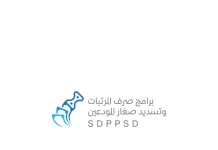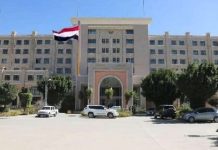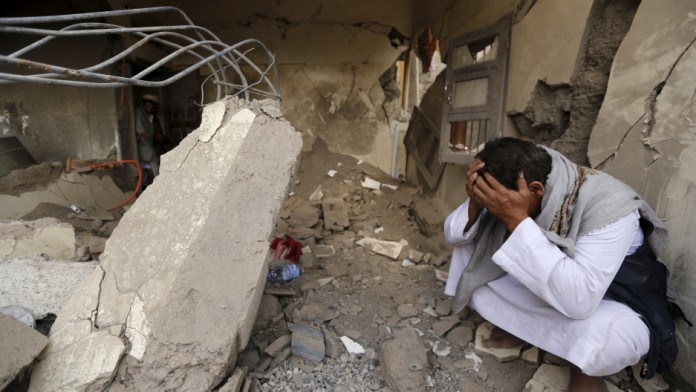Al-Thawra Net
May 4th , Human Rights Watch ( HRW )reported that participants to the Yemen peace talks should support international investigations, transitional justice, and victim compensation as key elements of any agreement. The United Nations-backed talks began in Kuwait on April 21, 2016.
The report said that the armed conflict in Yemen has been characterized by numerous violations of the laws of war by all sides, which have not been investigated nor have resulted in any redress for victims of unlawful attacks. The Saudi-led coalition of nine Arab countries has carried airstrikes against residential neighborhoods, markets, and other civilian structures causing several hundred civilian casualties. Although a ceasefire was announced on April 10, fighting has continued across Yemen.
“It’s crucial for the Yemen peace talks to address past atrocities as well as future political arrangements,” said Joe Stork, deputy Middle East director to HRW. He added “A mechanism should be put in place to investigate abuses, prosecute those responsible, and assist the victims.”
Human Rights Watch has documented new coalition airstrikes that appear to be unlawful. Six attacks in and around the capital, Sana’a, in January and February, killed 28 civilians, including 12 children, and wounded at least 13 others. In the past year, Human Rights Watch has documented 43 airstrikes, some of which may amount to war crimes, which have killed more than 670 civilians, as well as 15 attacks involving internationally banned cluster munitions.
According to the report, participants at the peace talks include Yemenis in-exile government Abdu Rabbu Mansour Hadi, the Houthis ( Ansar Allah ), and the former President Ali Abdullah Saleh. Human Rights Watch is unaware of any investigations by Saudi Arabia or other members of the coalition into allegedly unlawful attacks or abuses, or of any compensation for victims. In their public statements, none of the participants in the talks has indicated a need to include accountability or redress in the peace process.
The report confirmed that any peace agreement should include a mechanism that would allow an independent international investigation into abuses by all sides since the beginning of military operations in the country in late 2014, and provide a path toward prosecuting those responsible. In addition, governments are obligated to provide appropriate compensation to victims of violations of the laws of war.
On August 19, 2015, Human Rights Watch and 22 other human rights and humanitarian organizations called on the UN Human Rights Council to create an independent international commission of inquiry to investigate alleged laws-of-war violations in Yemen. The UN high commissioner for human rights similarly called on UN member countries to encourage the establishment of an “international independent and impartial” investigative mechanism.
Stork said to HRW “Yemeni victims have grown tired of waiting for credible justice for the abuses committed against them.” He added “The parties around the negotiating table have an obligation to ensure that the violations against civilians are properly investigated and appropriately punished.”




















